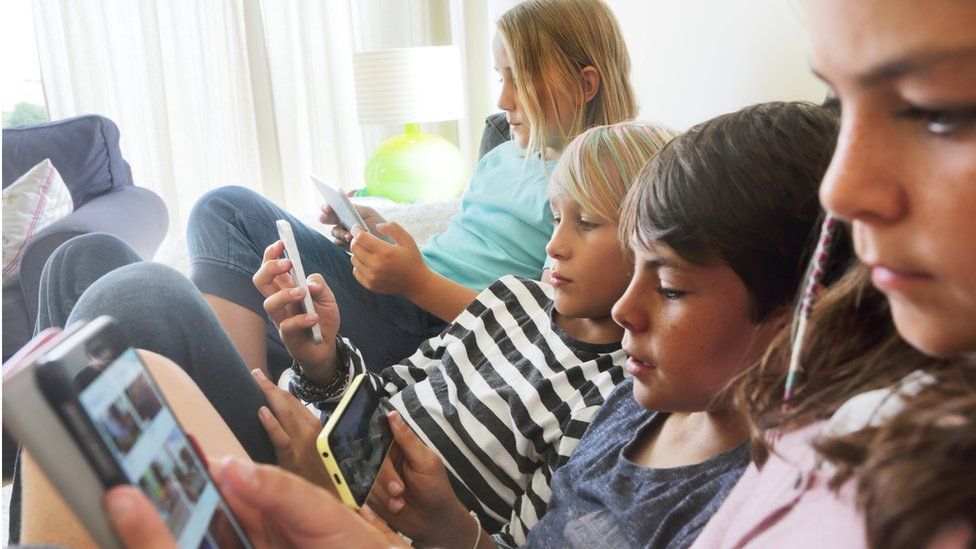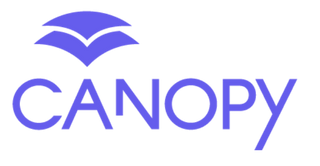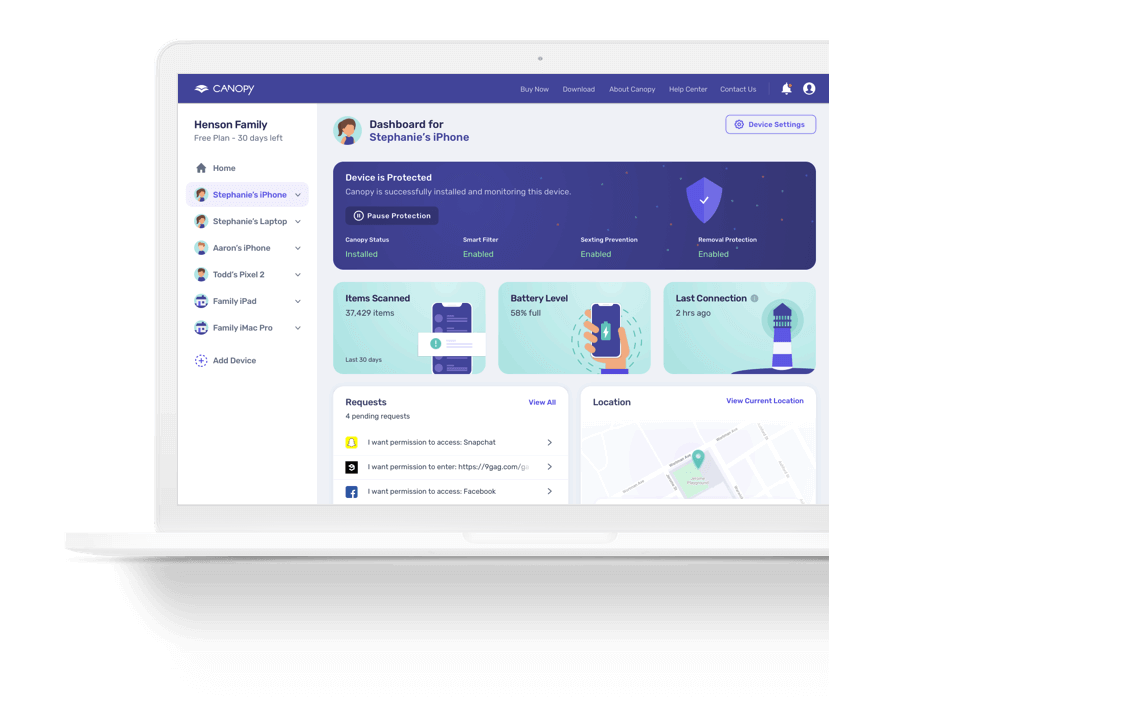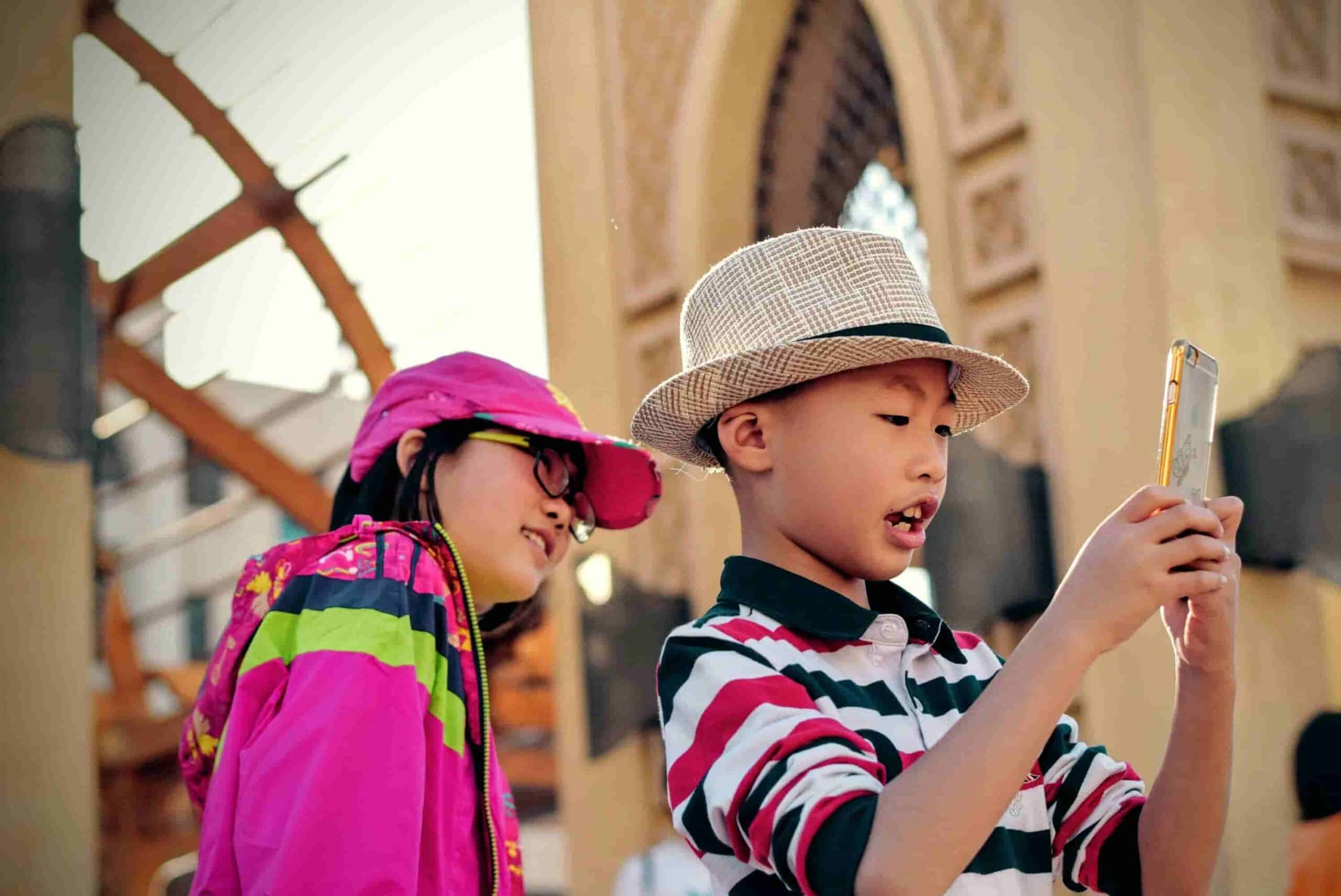The Ever-Changing Language of the Digital Age: A Parent’s Guide to Gen Alpha Slang
Keeping up with kids has always been a challenge, but today’s digital age presents parents with a whole new set of hurdles. As Gen Alpha—the first generation to grow up entirely in the age of smartphones and constant internet connectivity—makes its way online, they’re developing their own language for communicating online. To parents, this rapidly evolving slang might seem confusing, even alien. These terms are not just random words; they are a part of how today’s kids express themselves, relate to their peers, and navigate the online world. Understanding this language is crucial for parents who want to stay connected and engaged in their children’s lives.
But why does this matter? For one, language is a window into the world of our children. The words they use online give us insight into their interests, concerns, and social circles. It’s not just about decoding a funny meme or deciphering a text message. Understanding Gen Alpha slang can help parents engage more meaningfully with their children, bridging the gap between generations. It’s a tool that opens up conversations, promotes trust, and even provides opportunities to discuss important topics related to internet safety, mental health, and personal values.
Moreover, by understanding the slang, parents can better recognize the subtle signs of trouble. Certain terms and phrases can indicate involvement in risky behavior, exposure to inappropriate content, or feelings of isolation and anxiety. Staying informed about the latest slang isn’t just about being a “cool” parent—it’s about being a supportive and informed one. In a world where online predators and cyberbullying are very real threats, this awareness can be a critical part of keeping our children safe.
In this guide, we’ve compiled a list of popular Gen Alpha slang terms and phrases, along with their meanings. Our goal is to equip parents with the knowledge they need to navigate this evolving linguistic landscape. Whether you’re trying to figure out what your child is talking about or you just want to feel a bit more connected to the digital world they inhabit, this dictionary is a helpful resource. So, dive in and explore the words that are shaping the conversations and culture of the next generation.
- Negative aura – bad vibes. Example: “I don’t want to go to that party. The whole place just has a negative aura.”
- Rizz – charm or charisma. Example: “Did you see how easily he talked to her? Dude’s got rizz for sure.”
- Skibidi – a weird thing. Example: “What is that dance? It’s so skibidi, but everyone’s doing it!”
- Sigma – someone who is cool or a leader. Example: “He doesn’t follow the crowd—he’s a total sigma, always doing his own thing.”
- Ohio – weird or cringe. Example: “That video is so Ohio, I can’t believe people are sharing it.”
- Gyatt – slang derived from “goddamn” to express admiration or surprise, often used to comment on someone’s butt. Example: “Gyatt, did you see that? She walked by, and everyone turned their heads.”
- Sussy imposter – A phrase from the game Among Us, referring to a suspicious player who might be the imposter. Example: “Why are you acting so shady? You’re giving total sussy imposter vibes right now.”
- IRL – refers to events or interactions happening outside the internet or virtual space. Example: “I can’t believe we finally met IRL after chatting online for months!”
- Grindset – A mindset focused on relentless hard work and hustle to achieve success. Example: “Waking up at 5 AM every day to hit the gym—that’s that grindset mentality.”
- Goon cave – A space dedicated to “gooning,” which refers to a prolonged state of arousal, often involving corn. Example: “He spends hours in his goon cave—it’s kind of disturbing, honestly.”
- Blu – Slang for “blood,” often used in British slang to refer to a friend or close associate. Example: “What’s up, blu? Haven’t seen you in a while!”
- Dawg – Slang for “dog,” often used to refer to a friend or buddy. Example: “Yo, dawg, you coming to the game tonight?”
- Shmlawg – A variation of “dawg,” used in similar contexts to refer to a friend or close acquaintance. Example: “Shmlawg, let’s hit up that new burger spot after school.”
- Bussing – Slang for something that is really good or delicious, often used to describe food. Example: “This pizza is bussing! I could eat the whole thing.”






